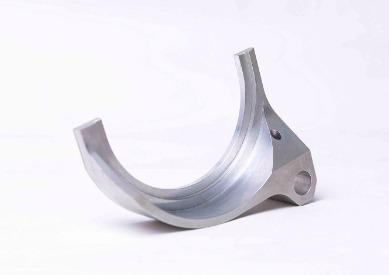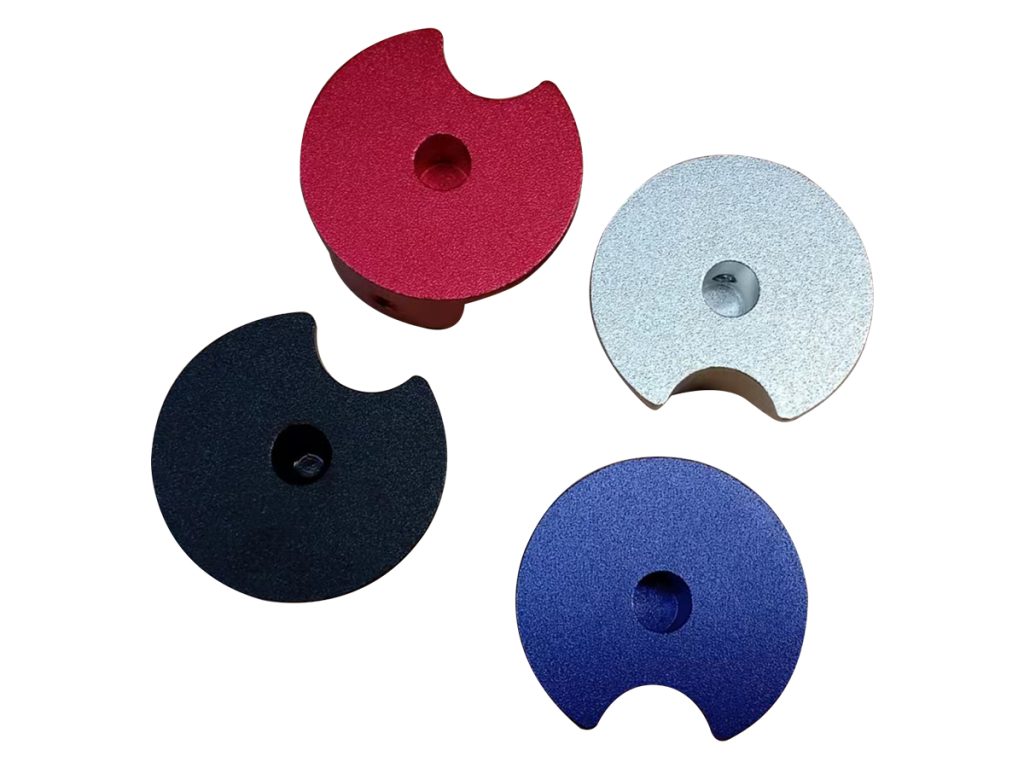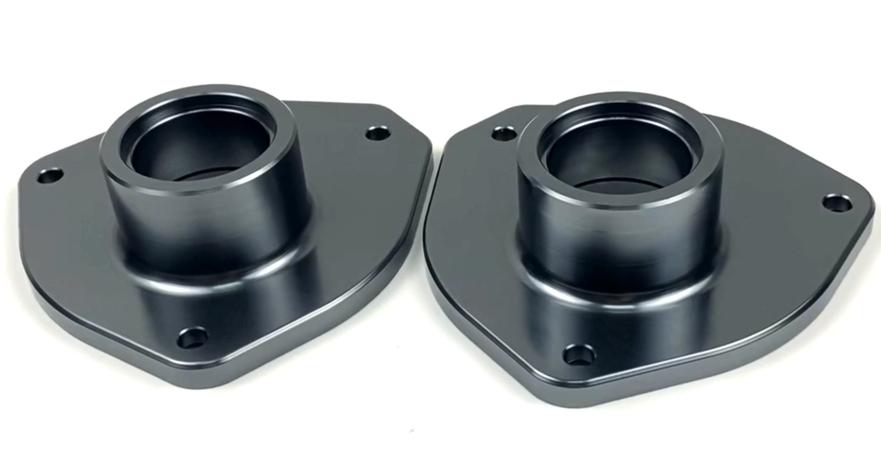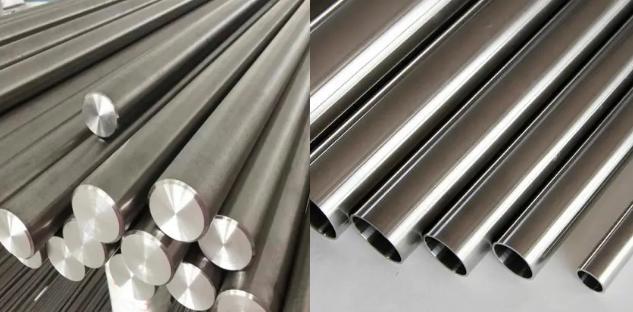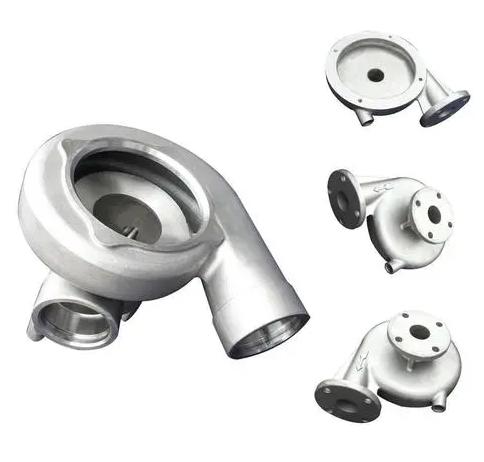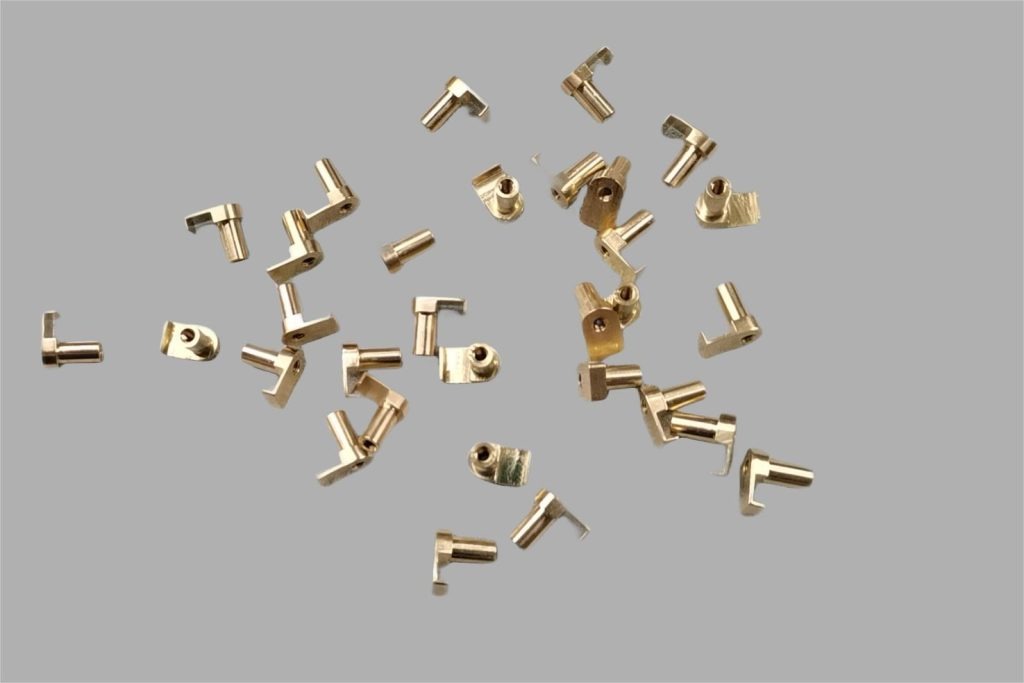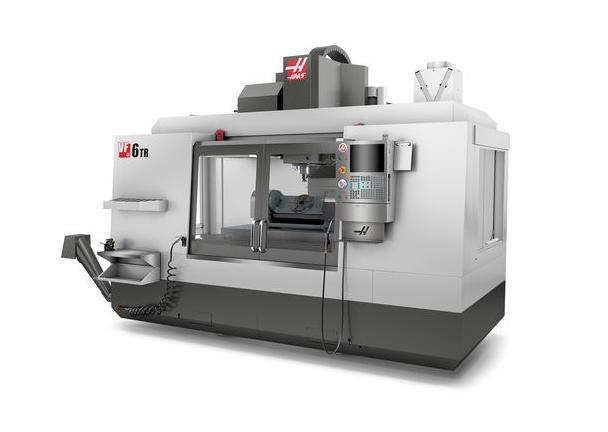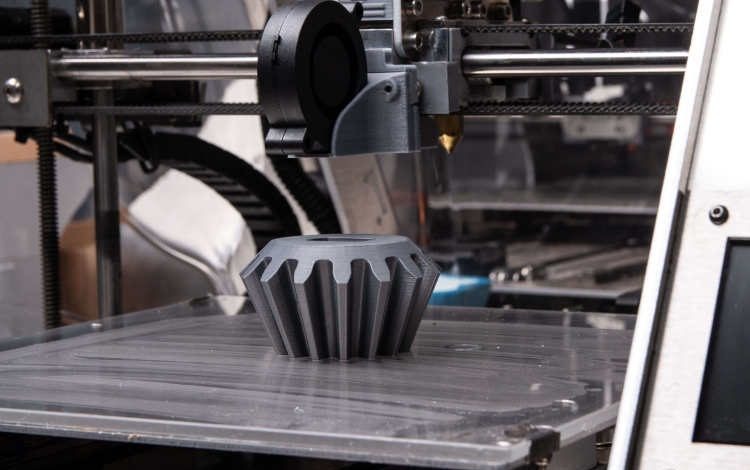The roar of an engine, the smooth glide of a well-tuned suspension, the intricate details of a modern car’s interior—all of these elements combine to create the automotive experience we know today. But beneath the sleek exteriors and cozy cabins lies a world of precision engineering. CNC machining is a key technology driving the world today. But what exactly are these parts, and how does CNC machining help the auto industry as a whole?
This article explores the world of CNC machining in the automotive industry. We’ll look at the variety of car parts made with this technology, highlighting its benefits in terms of precision, efficiency, and design flexibility. Finally, we’ll introduce JTR, a specialist in automotive CNC machining, demonstrating their expertise and how they can be your reliable partner in bringing your automotive visions to life.
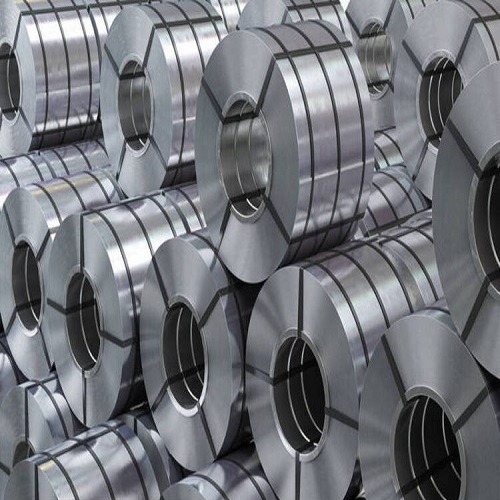
Which Car Parts Are Manufactured Using CNC machining?
Engine Parts
Engine components operate under extreme pressure and high temperatures. Even minor flaws can have a significant impact on performance, fuel efficiency, and engine longevity. CNC machining ensures exceptional precision and allows parts to be manufactured with extremely tight tolerances. This ensures a perfect fit between components and reduces friction, resulting in a smoother, more efficient engine. Modern engine designs frequently incorporate intricate shapes and features such as coolant passages, valve seats, and oil channels. CNC machining excels at dealing with this level of complexity. CNC machining can handle a wide variety of engine parts, from large engine blocks and cylinder heads to smaller components such as pistons and valves. This versatility makes it a one-stop shop for producing a variety of engine components in a single operation.
Drivetrain Parts
The drivetrain, which includes components such as gearboxes and differentials, transfers power from the engine to the wheels. Its functionality is heavily reliant on parts fitting together smoothly with minimal friction. CNC machining is particularly effective at producing parts with high precision and tight tolerances, ensuring a smooth and efficient transfer of power. Many drivetrain components, such as gears and shafts, have complex shapes that are difficult or impossible to achieve using traditional machining methods. CNC machining, guided by computer programs, can easily handle such complexities. CNC machining reduces material waste compared to traditional methods. This is critical for cost-effectiveness and environmental sustainability, particularly when dealing with expensive metals found in drivetrain components.
Suspension Parts
Suspension components such as control arms, tie rods, and struts require precise dimensions and tight tolerances to function properly. Even minor variations can have an impact on a vehicle’s handling, stability, and safety. CNC machining excels at producing parts with extreme accuracy, ensuring that each component fits perfectly and functions as intended. Modern suspension systems frequently use complex shapes and features to improve performance. CNC machining can easily handle these complex geometries, allowing for features such as weight-saving cutouts and channels for increased strength. CNC machining allows for precise material removal, resulting in lightweight suspension components. This helps to reduce a car’s overall weight, which improves fuel efficiency and performance.
Braking System Parts
Braking systems rely on components that fit together perfectly for maximum performance and safety. CNC machining ensures that parts like brake calipers, discs, and rotors are manufactured with extremely tight tolerances, ensuring smooth operation and proper friction. Braking systems are subjected to enormous pressure while in operation. CNC machining enables manufacturers to use strong materials such as steel and aluminum while maintaining precise designs. This results in parts that are both strong and lightweight, which are critical for braking efficiency. When it comes to braking, consistency is key. CNC machining ensures that each brake component is manufactured identically, resulting in consistent braking performance across all vehicles.
Interior Parts
Car interiors are designed to be both functional and aesthetically pleasing. CNC machining excels at producing precise cuts and shapes, resulting in a perfect fit for all dashboard components such as instrument panels, air vents, and storage compartments. This precision also enables tight tolerances between mating parts, reducing noise and vibrations within the cabin. Curves, contours, and even integrated features such as infotainment systems are common features on modern car dashboards. Traditional machining methods may struggle with such intricate designs, whereas CNC machining can handle them effortlessly. The computer-controlled process enables precise movements of the cutting tool, resulting in complex shapes that are exactly as intended.
Exterior Parts
Exterior parts frequently require large, shaped panels, which can be produced more efficiently and cost-effectively using techniques such as sheet metal stamping. Stamping is a faster and more efficient method of producing car bodies in large quantities. Many exterior components require a balance of strength and formability. Sheet metal has these properties, allowing for the creation of complex curves and contours that would be difficult to achieve using CNC machining on solid blocks of material.
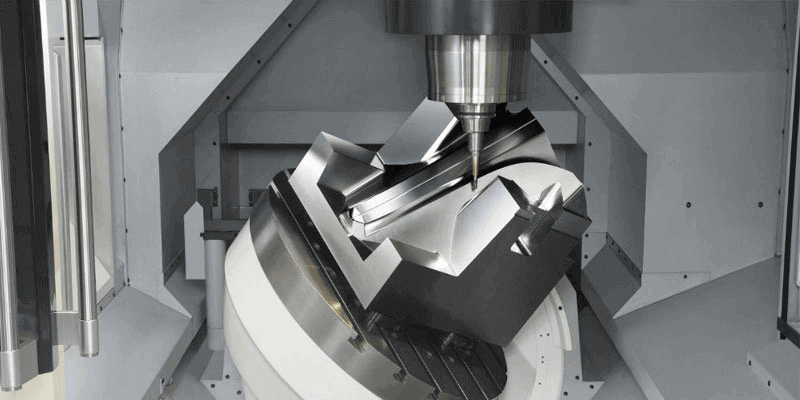
Advantages of Using CNC Machining in the Automotive Industry
CNC machining offers several significant advantages for the automotive industry, making it a crucial part of the manufacturing process. Here’s a detailed breakdown of its key benefits:
Advantage 1: Precision and Repeatability
CNC machines are computer-controlled, resulting in consistent and precise part creation. Every detail of the design is replicated precisely, resulting in parts with tight tolerances and perfect fit. This is essential for engine components and other parts that require precise dimensions for performance and safety. CNC machining is particularly effective at consistently producing identical parts. This is critical for the automotive industry’s large-scale production runs. Once a program is established, every part that leaves the machine will be identical, eliminating inconsistencies and ensuring quality throughout the production line.
Advantage 2: Efficiency and Automation
CNC machining automates many processes, resulting in faster production times. This is especially true for complex components with intricate designs. The machine can run continuously with little human intervention, lowering labor costs and improving overall production efficiency. CNC machining enables precise material removal, reduced scrap, and optimized material usage. This not only lowers costs but also adheres to sustainable manufacturing practices.
Advantage 3: Design Flexibility and Customization
CNC machines can handle complex geometries and intricate features that would be difficult or impossible to achieve through manual machining. This enables the development of lightweight, high-performance parts with advanced capabilities. CNC machining is ideal for prototyping new automobile parts before mass production. Designers can iterate on designs quickly and test functionality effectively. CNC machining can also be used to produce low-volume runs of custom parts for high-performance or classic vehicles.
Advantage 4: Additional Advantages
CNC machines can work with a variety of materials, such as aluminum, steel, plastics, and composites. This allows you to choose the best material for each part based on strength, weight, and other performance criteria. CNC machining’s precision, repeatability, and reduced waste help to improve the overall quality of car parts. This leads to improved performance, dependability, and safety in the final vehicle.
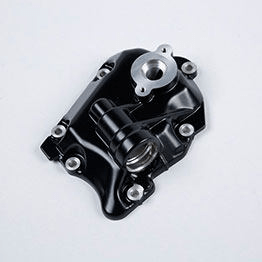
JTR: A Specialist in Automotive CNC Machining
The JTR team specializes in automotive CNC machining, which means we have machinists who are skilled at working with automotive materials. We specialize in providing automotive manufacturers with high-quality CNC machined parts. We recognize the critical role that precise dimensions and high-performance materials play in automobile parts. Our expertise enables us to handle complex designs with tight tolerances, resulting in a perfect fit and optimal performance.
JTR has over 70 precision CNC processing machines of various types, including three-, four-, and five-axis machining centers, drilling and tapping centers, CNC lathes, and more than ten standard machine tools such as lathes, milling machines, drilling machines, and grinders. The equipment has an annual processing capacity of up to one million units. Our products meet the diverse needs of our customers, whether in the sample development, trial production, or mass production phases.
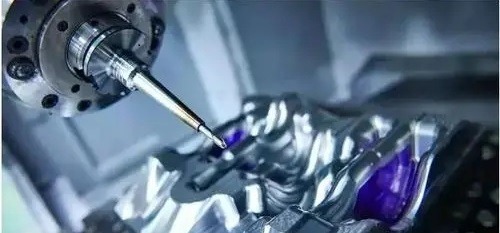
Conclusion
As the demand for lighter, more powerful, and fuel-efficient vehicles rises, so will the need for dependable and precise manufacturing partners. JTR, a specialist in automotive CNC machining, recognizes these challenges and is prepared to face them head-on. JTR provides a comprehensive solution for all your automotive CNC machining needs, backed by extensive experience, cutting-edge technology, and a commitment to quality. By partnering with JTR, you gain a reliable ally in your pursuit of automotive excellence. So, as you navigate the ever-changing landscape of automotive manufacturing, let JTR be your guide and give you reliable cnc machining service, ensure that your vehicles are powered by the precision and innovation of CNC machining.


